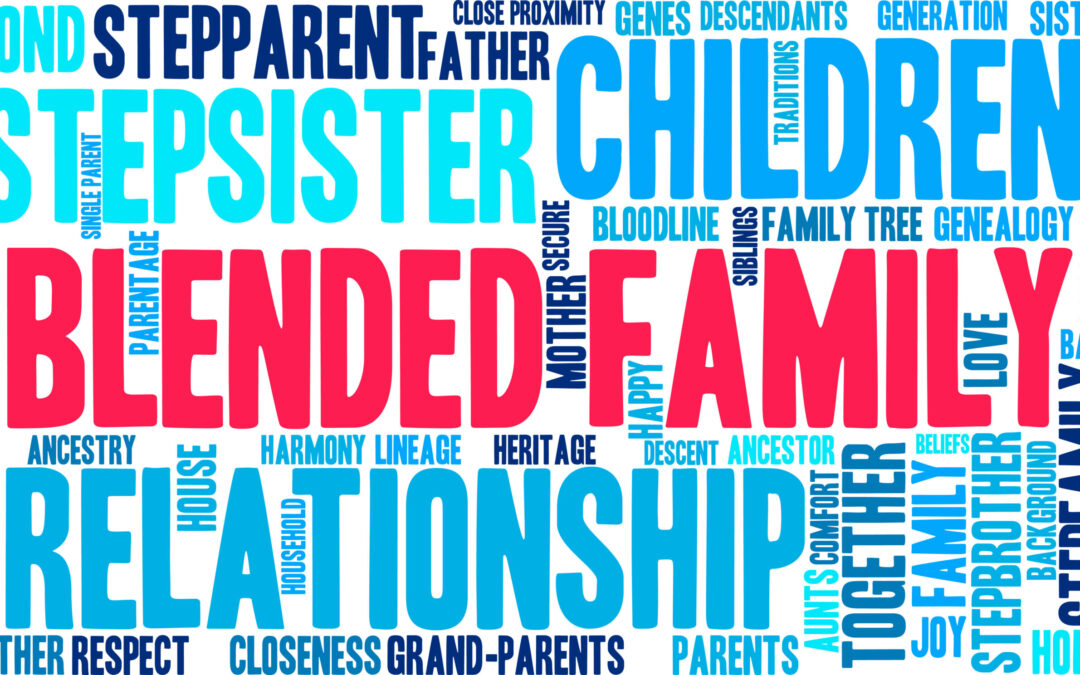FedWeek’s recent article entitled “How Assets Are Titled Can Make a Big Difference” discusses the different ways property may be titled, and the significance of each one.
The way in which you take title to assets can affect your estate, taxes and perhaps the disposition of the asset if a couple divorces. Many couples want assets to be titled simply in the event something happens to one, so the other spouse can take possession immediately without taxes or complications. Joint ownership may be the simplest way to meet most of these objectives. However, this can get complicated if any number of things happen, such as divorce, second marriage, children from multiple marriages, adoption and blended families of all types.
It’s critical to be educated on the different types of ownership, so you know when a change may be needed. Here are the main options:
Holding Assets in Your Own Name is simple and inexpensive. However, if you become incompetent, those assets might be mismanaged. At your death, individually owned assets may have to go through probate.
Joint Tenants with Right of Survivorship is when one co-owner dies, all assets held this way automatically pass to the survivor. One joint owner can take over if the other is incapacitated, and jointly held assets don’t go through probate.
Tenants in Common means there’s a divided interest, although none of the owners may claim to own a specific part of the property. At the death of one of the joint owners, the share owned by the deceased must pass through their will to determine ownership. The surviving joint owner doesn’t automatically own the entirety of assets.
Tenancy by the Entirety is a type of joint ownership similar to rights of survivorship for married couples. It lets spouses own property together as a single legal entity. Ownership can’t be separated, which means creditors of an individual spouse may not attach and sell the property. Only creditors of the couple may make claims against the property.
With Entity Ownership, you might create a trust, a partnership (such as a family limited partnership), or a limited liability company (LLC) to hold assets. These entities may provide protection from creditors and tax benefits.
Community Property may only be used by married couples in community property states (Arizona, California, Idaho, Louisiana, Nevada, New Mexico, Texas, Washington, and Wisconsin). Each person owns an undivided interest in the entire property. When a spouse dies, the survivor automatically receives the entire interest, so there’s no need for probate. Community property can’t be controlled by a person’s will or trust.
Ask an experienced estate planning attorney to review your estate plan and how assets are titled.
Reference: FedWeek (July 27, 2022) “How Assets Are Titled Can Make a Big Difference”





